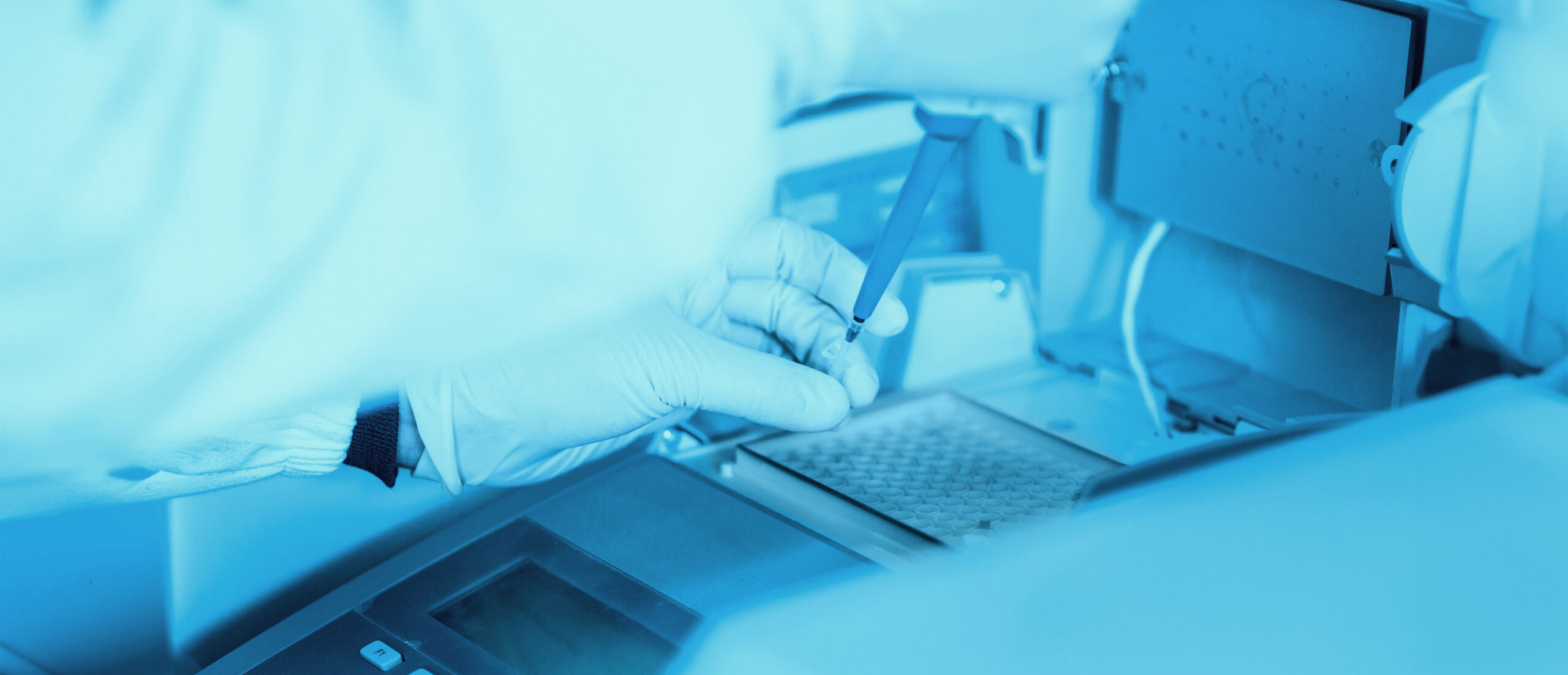
Digital Droplet PCR Services
Digital droplet PCR (ddPCR) offers unparalleled precision in nucleic acid quantification. Its ability to partition samples into thousands of droplets enables absolute quantification of target DNA with exceptional sensitivity and accuracy. ddPCR is widely used to determine inserted gene copy numbers, detect rare mutations, and study gene editing translocations. Its robust performance, reproducibility, and ability to quantify nucleic acids without the need of a reference standard make it an indispensable tool for advancing biopharmaceutical research, development, and manufacturing.
Our Expertise
We have been providing ddPCR services since 2015, positioning ourselves as early adopters in operating ddPCR within a GMP and GLP compliant regulatory framework. Over the years, we have extensively utilized ddPCR for a variety of gene copy number tests, particularly in support of gene-edited cell therapies, including CNV analysis and translocation studies.
Digital Droplet PCR Services
Application
Description
CAR-T CNV Analysis
Two TaqMan™ assays are designed and validated to determine the copy number of lentivirus-inserted or retrovirus-inserted therapeutic genes, normalized to an endogenous gene. The ddPCR method offers enhanced precision and accuracy compared to Real-Time PCR, ensuring more reliable analysis results.
DNA and RNA Quantitation
ddPCR is also preferred for analyzing gene and viral dosing titers in preclinical and clinical studies. By enabling testing of digested viral particles in high-fold dilutions without the need for extraction, ddPCR eliminates sample recovery loss in the nucleic acid extraction process while maintaining high sensitivity and precision.
Gene Editing Translocation Study
When analyzing potential gene translocation events at gene editing sites, ddPCR offers the flexibility to design longer amplicons as needed, providing a method with better sensitivity compared to real-time quantitative PCR.
CGT PK Studies
When a sensitive method is desired to measure the pharmacokinetics of therapeutic cells and gene therapy vectors, whether in animals or humans, ddPCR offers the ability to pool multiple reactions for a single sample, effectively increasing the reaction volume and thereby enhancing assay sensitivity.
Gene Expression Analysis
When a sensitive method is desired to measure changes in gene expression (pharmacodynamics) of any therapeutics, whether in animals or humans, ddPCR offers the ability to pool multiple reactions for a single sample, effectively increasing the reaction volume and thereby enhancing gene expression assay sensitivity.
Rare Mutation Analysis
ddPCR proves to be a more sensitive tool than real-time PCR in detecting rare somatic mutations in cancer samples, as well as in cell and gene therapy vectors with undesired minor populations of genetically modified materials.
Regulated Analysis Process
At Avance Biosciences, digital droplet PCR assays are validated either as a platform method or designed and validated as custom assays for GMP/GLP testing. In cases of platform methods, a phase-appropriate partial validation is typically recommended before sample testing. Custom assays, including those for GMP release testing and for animal or human studies, undergo independent validations in accordance with ICH and FDA requirements on analytical and bioanalytical method validation.
- Assay Development: TaqMan™ primers and probes are designed and optimized for specificity and PCR efficiency. Additionally, the linearity, dynamic range, limit of quantification (LOQ), and limit of detection (LOD) will be assessed.
- Assay Validation: Assay validation will adhere to a pre-approved validation plan, ensuring compliance with the requirements outlined in ICH guidelines and FDA guidance documents for analytical and bioanalytical method validation.
- Sample Testing: Samples are handled with utmost care to prevent the risk of cross-contamination. Separate laboratory rooms, including an extraction room, PCR master mix room, PCR template room, and post-PCR room, are designated for each stage of sample analysis.